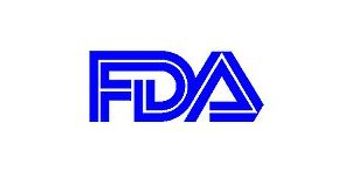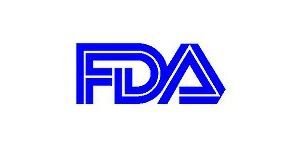
With the growth of civil and criminal litigation, more companies in the health care space are receiving subpoenas commanding them to provide information to a third party.

With the growth of civil and criminal litigation, more companies in the health care space are receiving subpoenas commanding them to provide information to a third party.

Pharmacies that received more than $750,000 in federal funds, including funds from the CARES Act Provider Relief Fund, will be subject to single audit requirements.

Third party payers have concluded that the fee-for-service system is no longer financially viable and that a new approach is necessary.

A kickback can arise if a pharmacy pays commissions to a 1099 independent contractor marketing representative who generates patients for the pharmacy who are covered by a federal health care program.

Whether agreeing to an asset purchase or stock purchase in the sale of a pharmacy, the buyer must perform due diligence.

An overview of arrangements that pharmacies enter into that violate the federal anti-kickback statute.

The Provider Relief Fund, as part of the CARES Act, was an important stopgap for many health care providers across the country, but details on reporting requirements and timing have been elusive.

An overview of the most common human resources problems that pharmacies face and the proactive steps that pharmacies can take to avoid these problems.

The terms of participation in the phase 2 round of the Provider Relief Fund created an unintended exclusion for pharmacies that primarily serve Medicaid/Children’s Health Insurance Program patients.

Multiple pharmacies recently received letters from ESI stating that on behalf of TRICARE and the Defense Health Agency, ESI was recouping money for compound drug claims submitted in 2015.

With states reopening, pharmacies need to implement controls that will not only protect the safety and health of their employees, but also their patients.

An overview of the most recent legal developments related to COVID-19 that are relevant to pharmacies.

The risks are too high for the pharmacy to be cavalier regarding compliance with antifraud laws.

The risks are too high for the pharmacy to be cavalier regarding compliance with antifraud laws.

If a pharmacy violates 1 or more of the federal and/or state antifraud laws, then it can have potential criminal liability and potential civil liability, as well as pharmacy license and DEA permit suspension or revocation.

If a governmental agency and/or a PBM nevertheless concludes that the arrangement is “gaming the system,” then the agency/PBM will likely be motivated to bring the arrangement to an end.

In entering into an arrangement with a physician in a rural area, the pharmacy needs to focus on the Stark rural provider exception.

If pharmacies can avoid the problems implicated in the whistleblower case, then the risk of finding themselves in the government’s crosshairs will be substantially reduced.

Pharmacy benefit managers serve as a middleman between payers and pharmacies.

A Pharmacy Benefit Manager (PBM) is a third party administrator contracted by health plans, employers, unions and government entities to manage prescription drug programs. A PBM acts as a fiscal intermediary between insurers/payors and pharmacies.


The US Department of Justice (“DOJ”) and the Office of Inspector General (“OIG”) have become much more aggressive in bringing civil and criminal investigations against pharmacies and their owners.

The anti-kickback statute makes it a felony to knowingly and willfully offer, pay, solicit, or receive any remuneration to induce a person (including a legal entity) to refer an individual for the furnishing or arranging for the furnishing of any Medicare-covered item or service.

Beginning in the first half of the 20th century, particularly with the advent of the Food and Drug Administration and the Drug Enforcement Administration, the federal government began to take an increasing role in regulating pharmacies.

In entering into these types of arrangements with physicians, the pharmacy must avoid violating the Medicare anti-kickback statute (“AKS”) and the federal Stark physician self-referral statute (“Stark”).

It is important to note that the 60=day rule requires “proactive compliance activities … to monitor for the receipt of overpayments.

The lifeblood of the successful pharmacy is an innovative marketing program.

Published: February 13th 2017 | Updated:

Published: July 3rd 2017 | Updated:

Published: May 11th 2017 | Updated:

Published: June 27th 2017 | Updated:

Published: August 8th 2017 | Updated:

Published: August 18th 2017 | Updated: